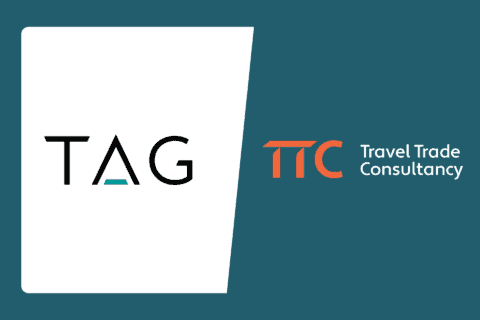If you were trying to sell a travel business twenty years ago, you only needed to make two phone calls. Corporate giants Thomas Cook and TUI Travel may have been the only buyers in town, but they were both incurable shop-a-holics. It was just a question of who to call first.
For better or worse, Thomas Cook and TUI’s acquisition splurge came to an abrupt halt around 2008. A ferocious global financial crisis hit like a tornado, and corporations across all sectors battened down the hatches and turned inwards looking for a Safe Place From the Storm.
When the dust settled, Thomas Cook and TUI became business sellers instead of buyers. Newly installed management teams reclassified their predecessor’s acquisitions as non-core indulgences and offloaded them in an effort to repair their battered balance sheets.
In recent years, it’s been Private Equity funds that Can’t Get Close Enough to travel. A torrent of Private Equity money has flowed into the sector, something we have covered in more detail here.
But if the recent deal activity is anything to go by, there are definitely signs that corporate buyers are coming out of their shells and looking at acquisitions once more. Arguably the second most popular Bolt-on of all time is making a comeback.
Broadly speaking, these Bolt-on acquisitions fall into 2 broad categories:
New Love
The first is a direct consequence of all that Private Equity investment. Private Equity funds seek growth in order to deliver a return to their investors. One way of delivering growth is through a buy and build strategy.
In almost all of the 20 or so Private Equity travel transactions we have advised, the debt financing package has included an Acquisition Facility. This is an auxiliary credit line provided by the lenders and reserved specifically for the purpose of acquiring a portfolio of complementary businesses.
Here are just 4 recent examples:
Bridgepoint backed Cruise.co in 2016. Shortly thereafter, cruise.co entered the German cruise retail market by investing in Kreuzfahrtberater (KFB) a German cruise retailer in 2017.
After Inflexion purchase Scott Dunn in 2015, the group sought international expansion through the addition of Aardvark Safaris in the US in 2016 and Country Holidays in Singapore in 2018.
Mobeus Equity backed Ski Solutions in 2017. Shortly thereafter they added Wilderness Scotland, a domestic adventure tours business, to their portfolio of ski and cycling products.
Platinum Equity backed the corporate carve-out of European Vacation Rentals (James Villa, Hoeseasons, cottages.com) from the Wyndham Corporation in 2018. Within months, the group had moved to add Mulberry Cottages, a luxury rental agent, to its stable of brands.
How Am I Supposed To Live Without You
The second category is returning confidence of larger corporates to make strategic acquisitions again. During 2018 we’ve seen and worked on a number of examples:
On The Beach (OTB) are no strangers to growth through M&A having acquired rival Online Travel Agent, Sunshine.co.uk in early 2017. When they acquired Classic Collection, a more traditional luxury tour operator in mid-2018, eyebrows were raised and caps doffed in equal measure. It is certainly a bold move, and it gives OTB access to the higher-margin product as well as a high street distribution network.
DER Touristik UK (formerly Kuoni UK) acquired Journey Latin America in 2018, to bolster its expertise in the Latin American region.
G Adventures acquired Tru Travels, a South-East Asian competitor with a younger client base and an innovative distribution model. This follows their 2016 acquisition of the more traditional Travelsphere, Just You and Swan Hellenic brands enabling the group to appeal to a broad range of demographics.
Once In A Lifetime
The return of the Bolt-on, just like the ongoing Private Equity travel infatuation, represents a really positive signal for the travel industry. It sends a clear message to investors, lenders and the entrepreneurs of tomorrow that the sector is successful, innovative and back-able. Above all though, if you’re a travel business owner looking to exit, or secure investment, and you treat your business with Time, Love and Tenderness there are many more options open than in years gone by. It’s a seller’s market.



